UK PM May urges Saudi Arabia to punish Khashoggi killers
UK Prime Minister Theresa May has told Saudi Crown Prince Mohammed bin Salman that he should take action to prevent the repeat of incidents like the murder of journalist Jamal Khashoggi.
The British leader also told Saudi Arabia’s de facto ruler that those responsible for Khashoggi’s killing should be punished for their crime, May’s office said on Friday in a readout of a meeting with bin Salman at the G20 summit in Argentina.
“The Prime Minister stressed the importance of ensuring that those responsible for the appalling murder of Jamal Khashoggi are held to account, and that Saudi Arabia takes action to build confidence that such a deplorable incident could not happen again,” May’s office said.
UK Foreign Secretary Jeremy Hunt has warned that Saudi Arabia would face “serious consequences” if suspicions of Khashoggi’s murder turned out to be true.
The killing of Washington Post columnist Khashoggi on October 2 at the Saudi consulate in Istanbul, Turkey, has strained Saudi Arabia’s ties with the West and battered bin Salman’s image abroad.
Saudi Arabia claims the prince had no prior knowledge of the killing.
In the US, President Donald Trump has dismissed a CIA assessment that bin Salman likely ordered the murder and has vowed to remain a “steadfast partner” of Saudi Arabia despite repeated calls from members of Congress for a strong US response.
The Saudi crime has put unprecedented pressure on the traditionally close ties between Washington and Riyadh and helped bolster efforts to stop the Saudi-led war in Yemen.
At least five of the 37 US republican senators who voted against a recent resolution to end US military support for the Saudi-led war in Yemen have received election contributions from lobbying groups working for Saudi Arabia, according to a study.
Senators Tim Scott, John Boozman, Roy Blunt, Richard Burr and Mike Crapo all received financial contributions from firms representing Saudi interests between 2016 and 2017, according to a report by the Center for International Policy (CIP).
The Yemen war has killed more than 15,000 people and created the world’s most urgent humanitarian emergency.
May's aides said ”the prime minister set out the urgent need to bring an end to the conflict and bring relief to millions threatened by famine.”
Iranians protest against Israel after Netanyahu ICC warrant
Germany undecided on complying with ICC arrest warrants for Israeli war criminals
VIDEO | Former FBI agent criticizes US Congress for 'outright corruption'
IRGC chief urges Muslim countries to cut aid routes to Israel
'New chapter in cooperation': Iran, Venezuela sign new MoUs
Jordan sentences former lawmaker for supporting Palestinian resistance
Basij volunteer forces hold massive drills in southwestern Iran
Israeli war criminals 'not welcome', US city says after ICC ruling


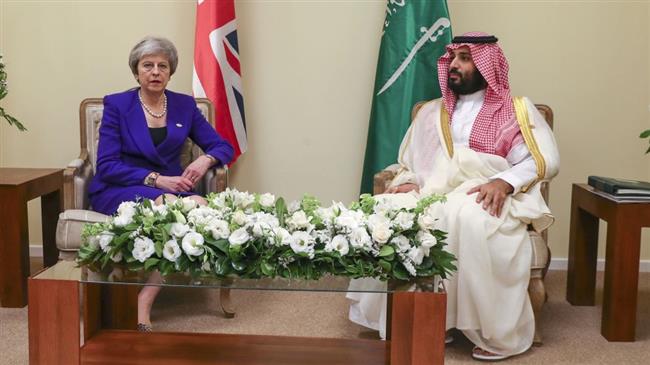



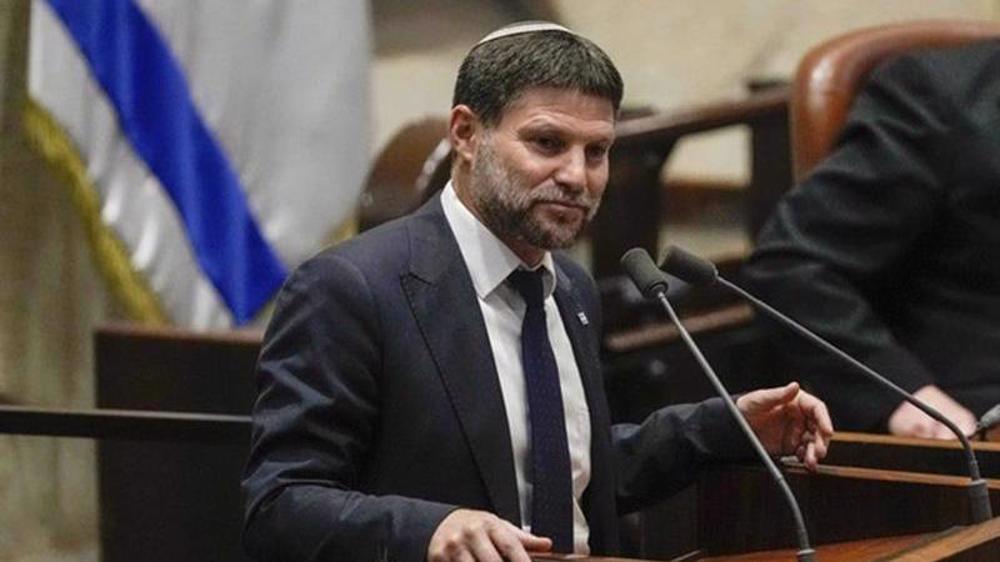
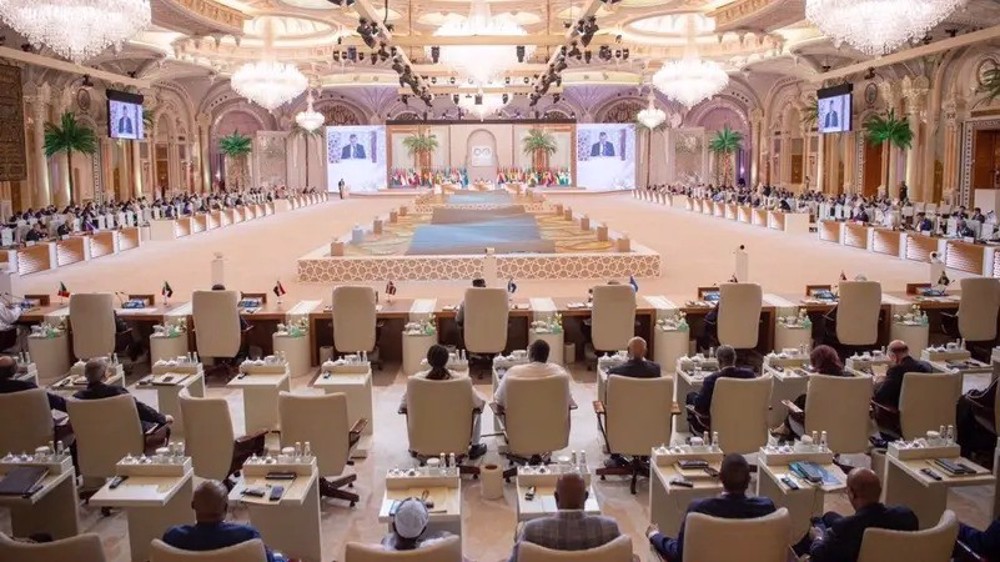



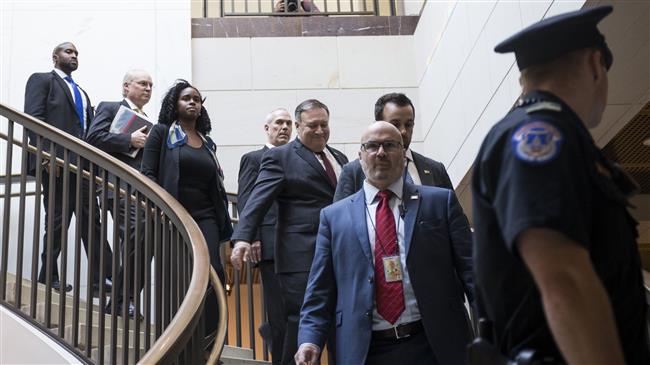
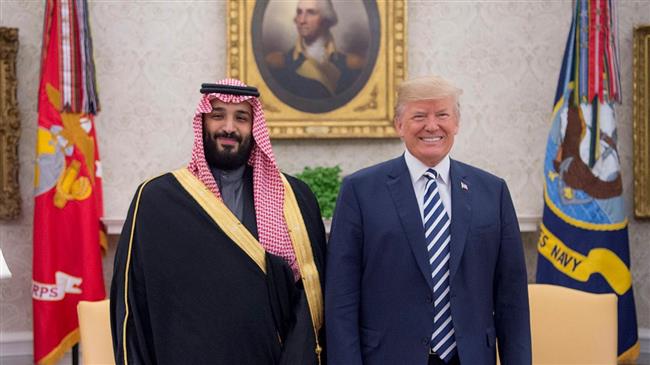
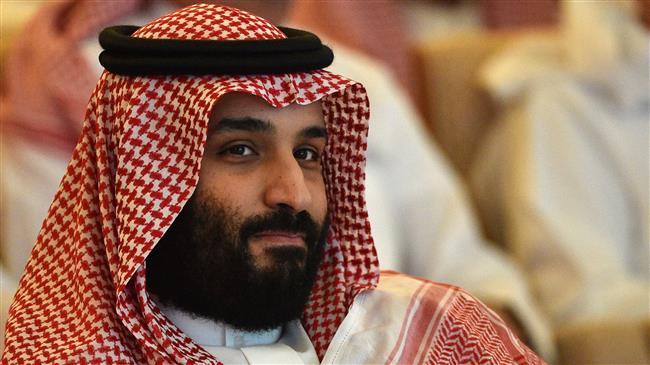
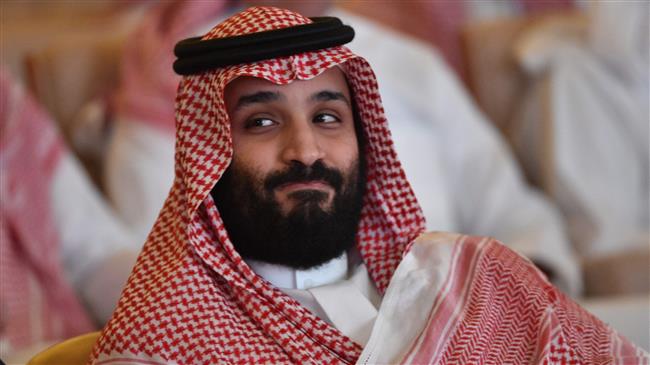
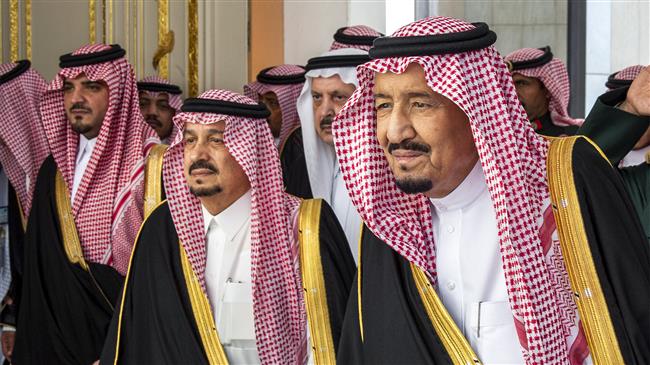

 This makes it easy to access the Press TV website
This makes it easy to access the Press TV website